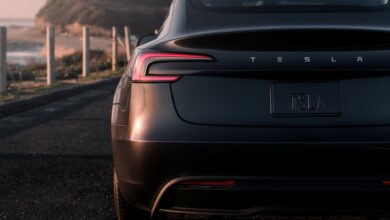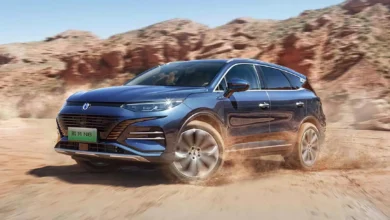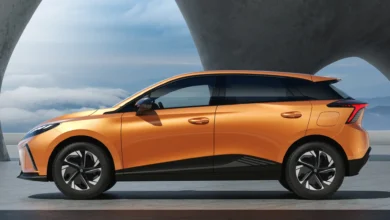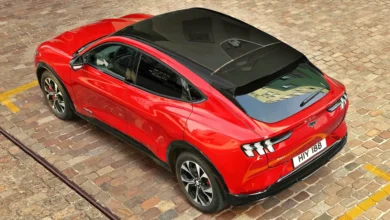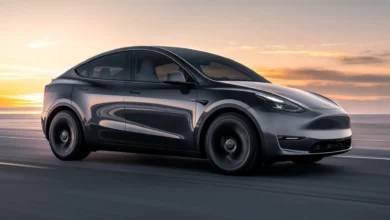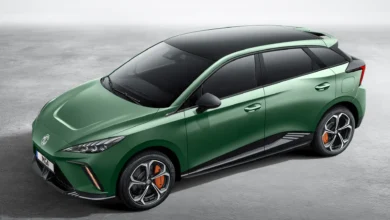
As the production of electric cars increases, the number of batteries that will be recycled as the last step in the value chain, and back again, increases in the future. The company of JB Straubel, a former director of Tesla, is going to invest 3,500 billion dollars over 10 years for its recycling gigafactory in Reno (Nevada, USA) very close to Tesla’s Gigafactory 1. Today it is under construction.
The production targets for recycled batteries are very ambitious if we take into account that in 2021 they recycled 6 GWh of batteries. By 2025 there will be 100 GWh, 16 times more, or what is the same, batteries for a million electric vehicles if we take into account that each one will carry about 100 kWh in its entrails. Recycled batteries are just as good as those made from “virgin” materials.
Even more ambitious are the goals for 2030, 500 GWh, which following the same rule of thumb, leads to a volume of batteries for five million electric vehicles. That will still fall short of manufacturers’ demand for batteries, and that’s narrowing it down exclusively to those with plants in the United States. Mind you, all those batteries will no longer need mining work.
The information comes from the prestigious Wall Street Journal, not from the Redwood Materials website. However, the company shared such information on its Twitter profile with this text: “Our Nevada Campus will produce 100 GWh of battery materials in 2025, enough for one million electric vehicles. These components, with a growing percentage of recycled content, are essential for the production of batteries but are not currently produced in the US. We are changing that!”, with mention of the profile of the newspaper, @WSJ.

As we have already mentioned, battery recycling is justified for many reasons: it is better for the environment, it is a profitable activity, it reduces dependency on third countries, it encourages the circular economy, it generates employment and income locally, it reduces the problem of availability of raw materials, etc Redwood Materials sources end-of-life batteries from Audi, Ford, Volkswagen, Volvo and other companies in the electronics industry.
And is that raw materials right now a bottleneck for the production of electric vehicles. It is not so much a problem of proven reserves of raw materials, but of the capacity to extract, process and transport. The sustained drop in prices for years caused a drop in investment, so a plug has formed that will take time to amend.
